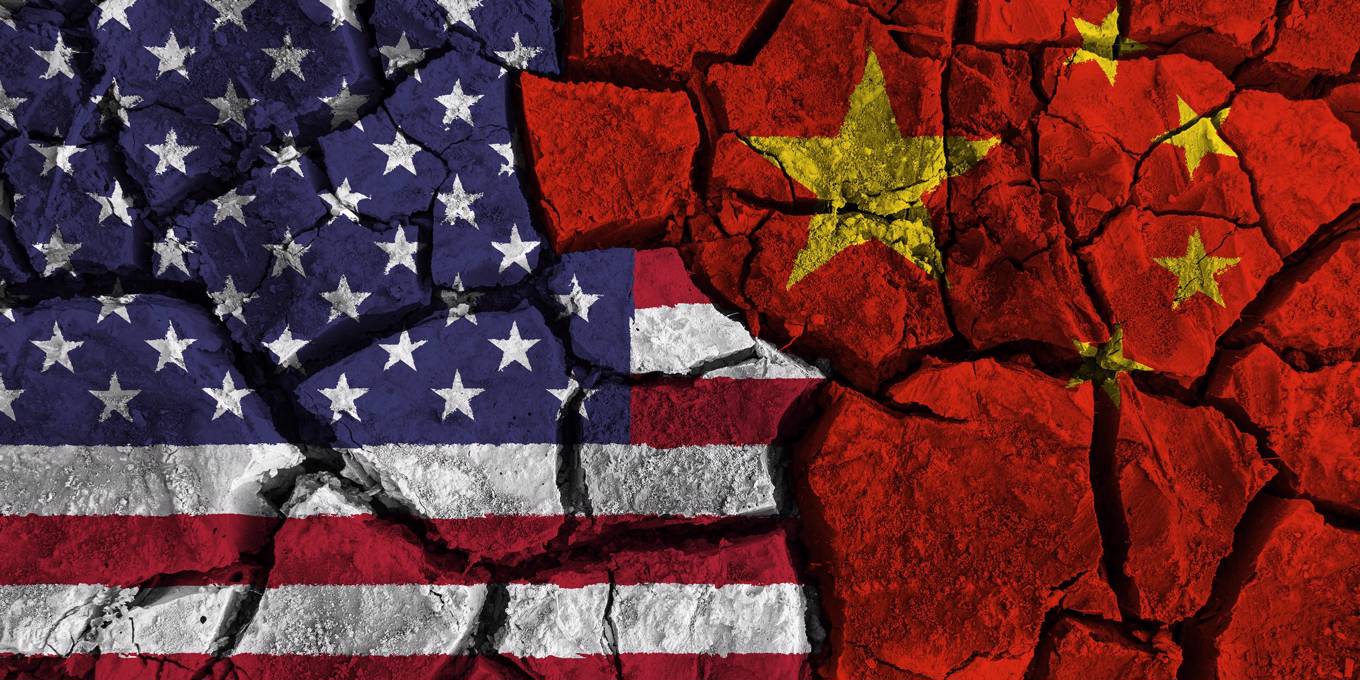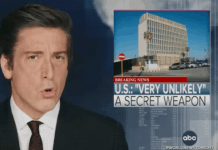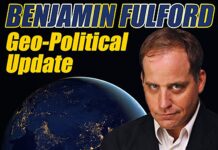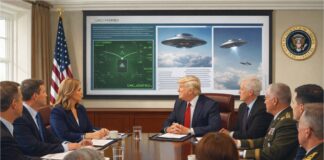A nationalistic American public is fed up with China. According to a new poll by the Pew Research Center, 66% of US citizens now view China in an unfavorable light – six points worse than last summer and the highest negative reading since Pew introduced this question some 15 years ago. While this shift was more evident for Republicans, those older than 50, and college graduates, unfavorable sentiment among Democrats, younger cohorts, and the less educated also hit record highs.
An equally nationalistic Chinese public is also irate at the United States. That is not just because President Donald Trump insisted on dubbing a global pandemic the “Chinese virus.” It is also because whispers turned into shouts linking the outbreak of COVID-19 to alleged suspicious activities at the Wuhan National Biosafety Laboratory.
Just as most children are taught that two wrongs don’t make a right, tit-for-tat blame does not justify severing the world’s most important bilateral relationship. But the time for dispassionate logic is over. We must, instead, contemplate the harsh consequences of this rupture.
Both economies, entwined in a deeply embedded codependency, will be hurt. China stands to lose its largest source of foreign demand, at a time when exports still account for 20% of its GDP. It will also lose access to US technology components required to advance indigenous innovation. And the loss of a currency anchor to the US dollar could lead to greater financial instability.
But the consequences will similarly be problematic for the US, which will lose a major source of low-cost goods that income-constrained consumers have long counted on to make ends meet. A growth-starved US economy will also lose a major source of external demand, because China has become America’s third-largest and fastest-growing export market. And the US will lose its largest source of foreign demand for Treasury securities, all the more worrisome in light of the looming funding requirements of the biggest government deficits in history.
This rupture does not come as a great surprise. As is the case in interpersonal relationships, geopolitical codependency can lead to conflict, especially if one partner starts to go its own way. And China’s decade of rebalancing – shifting away from exports and investment to consumer-led growth, from manufacturing to services, from surplus saving to saving absorption, and from imported to indigenous innovation – did indeed put it on a very different path.
This turned out to be an increasingly uncomfortable development for a China-dependent US. Left behind, America felt scorned, and that scorn led first to blame, and now to open conflict.
The consequences of the US-China rupture go far beyond economics. A decisive shift in the balance of global power, ushering in a new cold war, could well be at hand. Under Trump’s “America First” administration, the US has turned inward, heaping scorn on its once-loyal allies, withdrawing support for key multilateral institutions (including the World Trade Organization and, in the midst of a pandemic, the World Health Organization), and embracing trade protectionism. Meanwhile, China is filling the void, partly by design (through its Belt and Road Initiative, the Asian Infrastructure Investment Bank, and airlifts of medical supplies to pandemic-ravaged countries in Europe and elsewhere), but also by default, as the US retreats.
Although these tectonic shifts will leave most Americans worse off, the US seems to be shrugging its collective shoulders. America First has resonated with widespread wariness of globalization (now reinforced by concerns over supply-chain vulnerability). Many Americans are angry over allegedly unfair trade deals and practices, indignant at seemingly disproportionate US funding for institutions like the International Monetary Fund and the World Bank, and suspicious that the US security umbrella in Europe, Asia, and elsewhere encourages free riders and others not paying their fair share.
Paradoxically, this inward turn comes at precisely the moment when America’s already depressed domestic saving is likely to come under enormous pressure from an explosion of pandemic-related government deficits. Not only does that imply deepening current-account and trade deficits (the nemesis of the America First agenda), but it also poses a major challenge to longer-term economic growth.

 EN
EN FR
FR


























I would not disagree nor agree ‘entirely’, with the article, nor the commentor ‘timefor arevolt’. However, knowing the cabal, is all about: “Divide & Conquer” strategies… just sayin, is this the ‘new enemy’ they want to hate, for a reason…like a civilization ending, life terminating, mass extinction via nuclear WWIII…?
China’s people do not want a war with the US, they know full well, we have a crapload of missiles; home based and sea based ICBM’s along with innumerable hypersonic and otherwise, missiles,, on every rock in the pacific and surrounding countries…they’re surrounded on pretty much, all sides. They know full well, war with the US is the end of ‘the party’ for China, end of economic gains, political, ecological and national suicide…
No, they are not looking for war with the US, they know better but, they would not want to be, pushed around, any more than we do.
This is a time for dialogue, open honest clear concise without accusations.
To be clear the relationship the US made with China under Nixon/Kissenjerk was the beginning of the end to all US prosperity. The relationship is that of a host and a parasite. China steals every bit of intellectual property they can get their grubby little paws on. Then buy off a few willing engineers to sellout their Company and Country. Repeat same process at the Universities level. Finally finish with the Politicians in Washington that are more than happy to regulate all business out of the US in the name of Climate Change. Next use slave labor at home to grow fat. World expansion and enslavement next on the agenda. Please keep in mind these are the very same people that slaughtered and staved hundreds of millions of their own people only a few decades ago.
By all means let’s lose the dead weight and start our own economy back up. If that is even possible at this point.